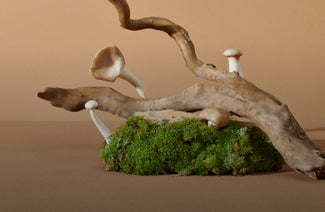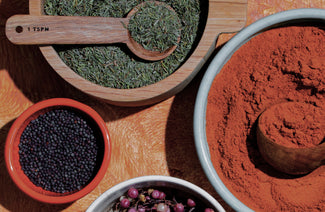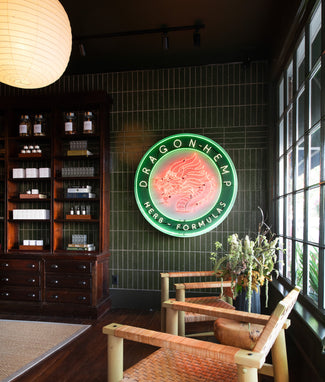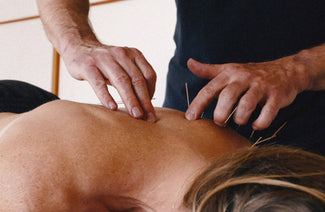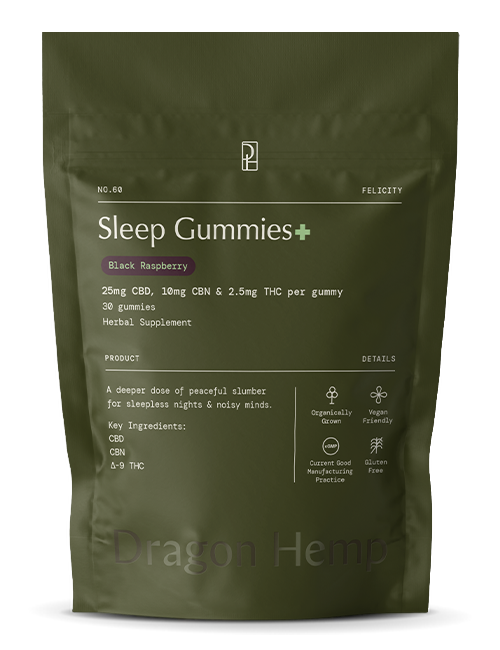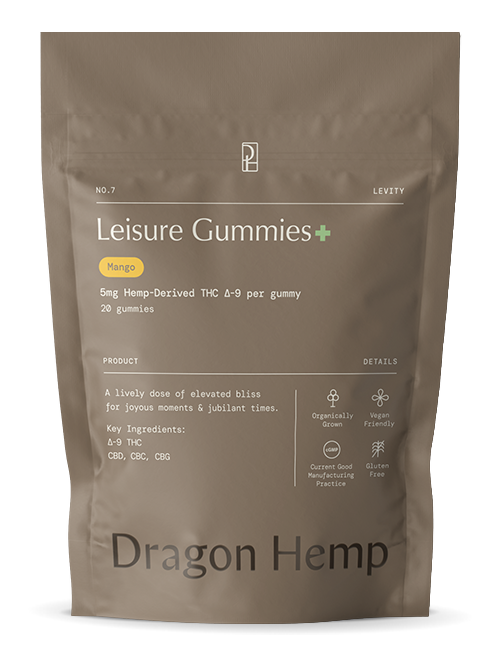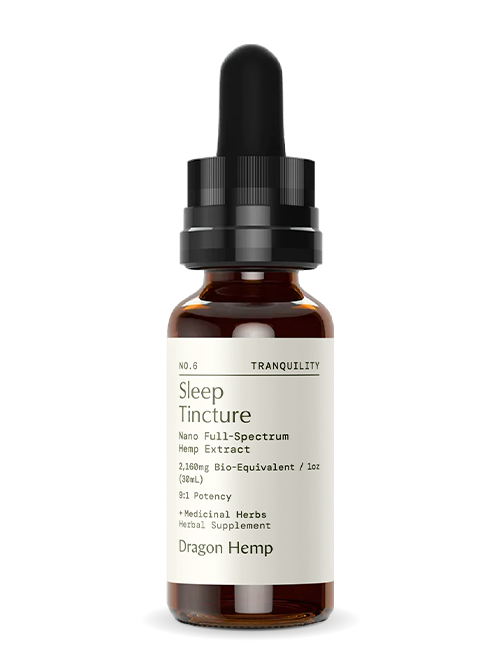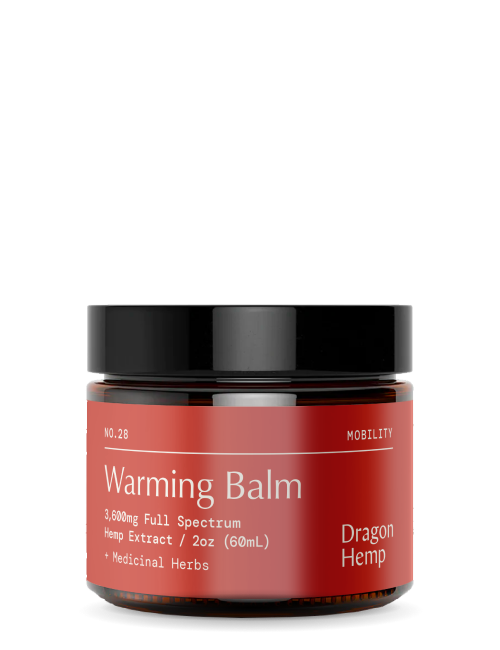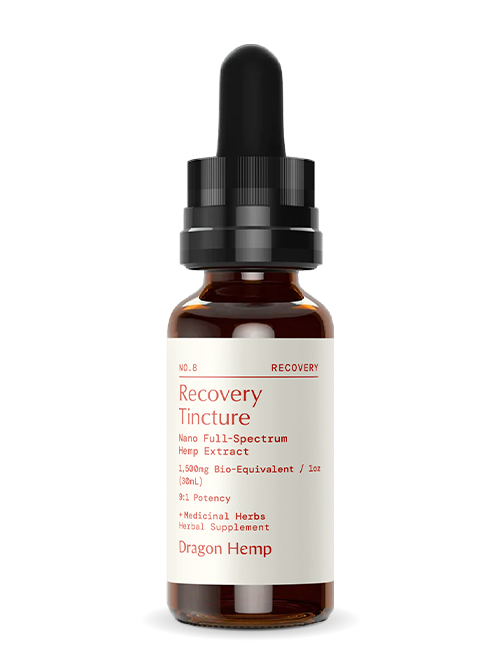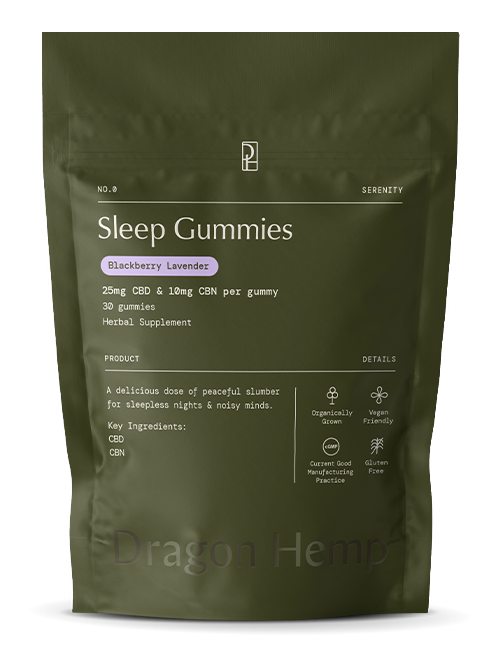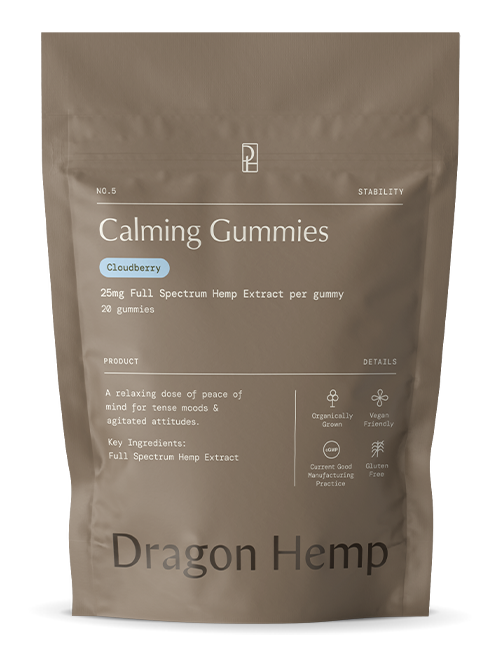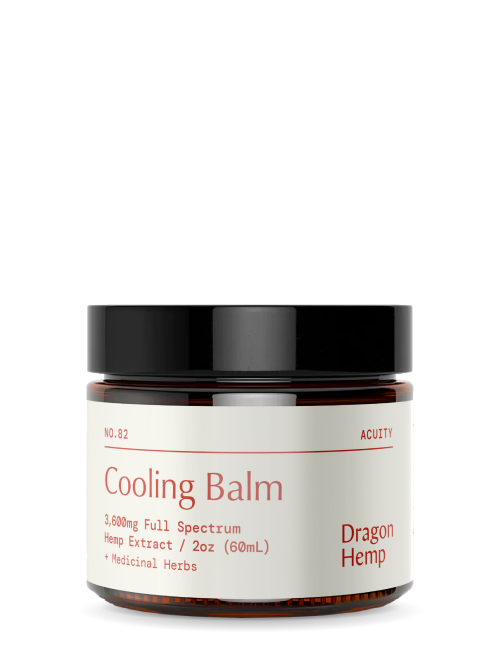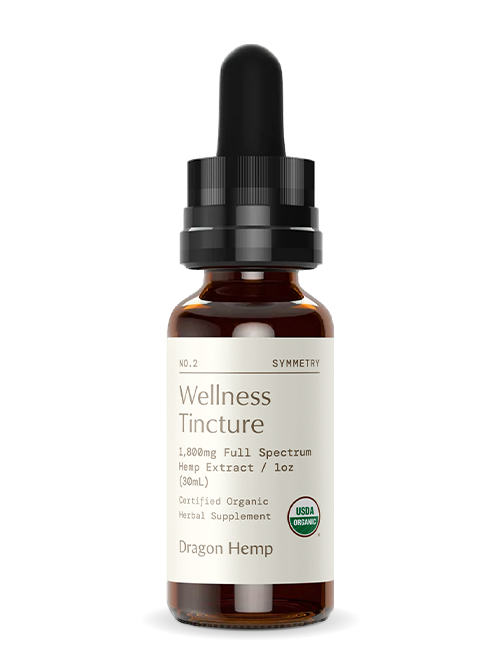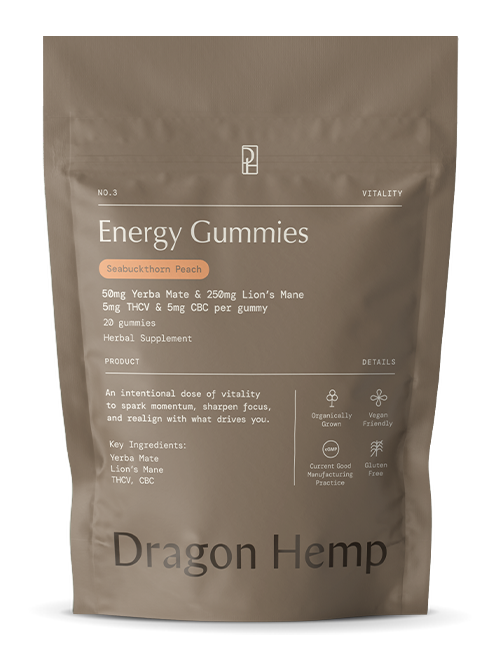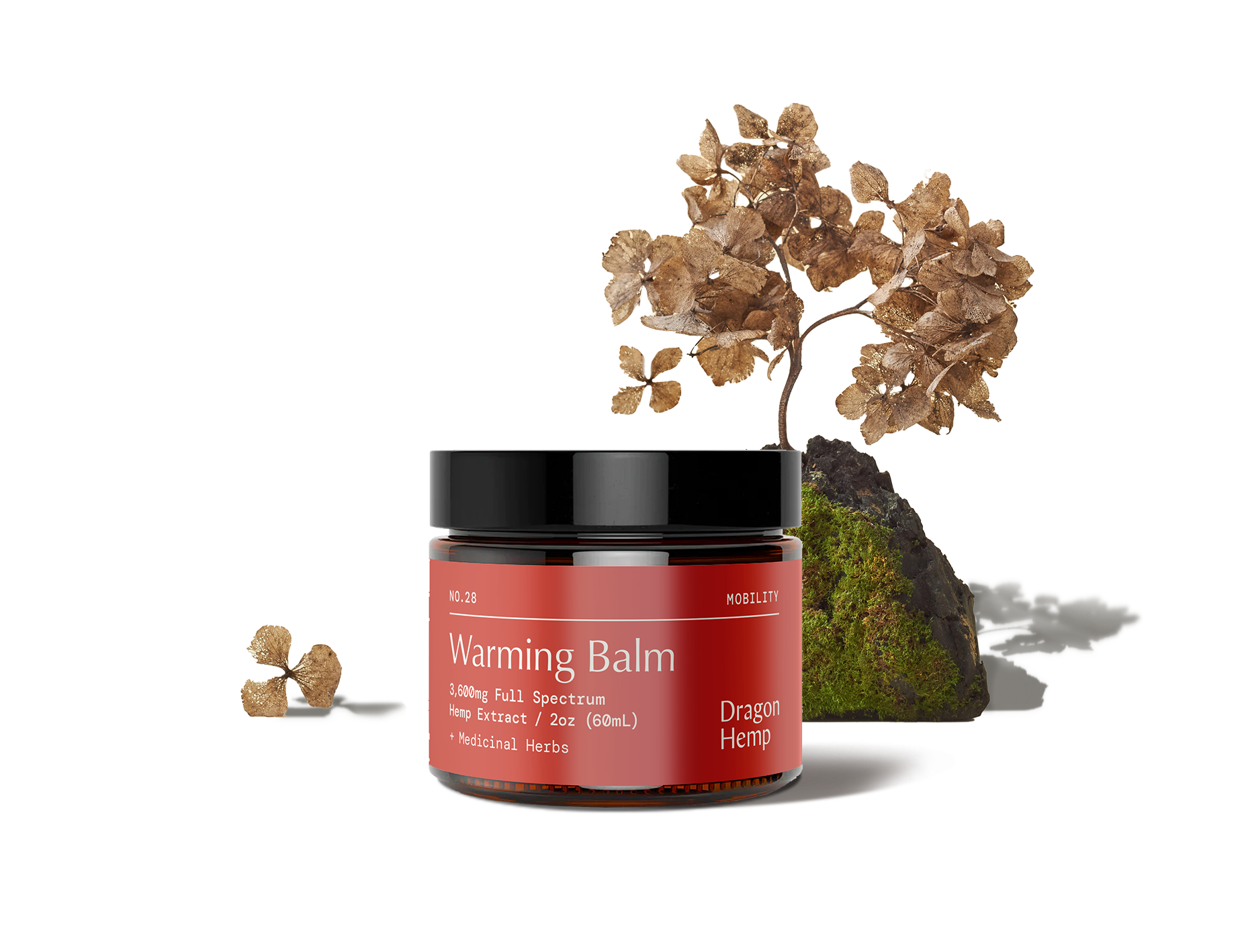
Are Delta 9 Gummies Legal In Minnesota
So the conversation continues…how does the legality of Delta 9 pan across different states? Indeed, after enacting the 2018 Farm Bill (Agriculture Improvement Act), the federal government effectively legalized hemp in the country.
However, this law also gave states the leeway to develop regulatory frameworks to oversee hemp production within their state territories. The implication of this has been that hemp laws vary across the terrain.
Even though many presume the 2018 Farm Bill legalized hemp in the entire country, this isn't entirely true. In some states and territories, hemp remains illegal, such as Idaho and the District of Columbia.
Moreover, the laws governing the use of hemp products are also non-uniform. For the most part, they are nuanced by subtle differences that can easily be overlooked.
Minnesota is not your archetypal anti-cannabis state. It legalized medical marijuana in 2014, and there are indications it may also permit recreational marijuana soon. A 2021 House of Representatives initiative (HF 600) to legalize cannabis was promptly killed in the Senate.
While the push-and-pull around cannabis might continue, hemp’s new legal status means it’s pretty easy to deal with. So, this article looks at the legal questions surrounding hemp both at the federal and state levels in Minnesota.
Key takeaways
- Delta 9 is a cannabinoid naturally existing in hemp, widely known for its psychoactive and mind-altering effects.
- The 2018 Farm Bill legalized hemp, effectively making hemp-derived products equally legal.
- Delta 9 is legal in Minnesota, provided it is obtained from hemp or naturally occurring hemp derivatives.
- Due to its legal status, hemp-derived Delta 9 is not a controlled substance in Minnesota.
Delta-9-THC and Federal Law
As mentioned earlier, hemp’s legal status changed with the passing of the 2018 Farm Bill. A critical part of this law was its definition of hemp. According to this law, hemp is a cannabis plant whose Delta-9-THC concentration does not exceed 0.3% by dry weight.
Delta-9-THC (∆9-THC) is the psychoactive ingredient in cannabis that makes people “high.” In effect, this law aims to encourage people to exploit hemp’s economic potential without making it a Trojan horse of sorts.
The rationale behind the 0.3% ceiling is that ∆9-THC is unlikely to produce unwanted psychoactive effects in such low concentrations. Remember that the primary reason cannabis has been illegal in the U.S. since the 1930s has been its ability to induce mind-altering effects. For example, the enactment of the Marihuana Tax Act of 1930 came against a backdrop of claims that marijuana made users “disruptive.”
But once its psychoactivity is stifled, hemp is a good source of material for rope, textiles, shoes, clothing, bioplastics, biofuel, food, and paper. Not many people see hemp in this light; mention “hemp,” and most minds immediately think of its recreational-leaning attributes.
But even as federal law permits hemp production, the crop does not enjoy the carte blanche other crops do in the country. That’s because, as lab test analyses show, there are lots of malpractices, especially within the consumable hemp products division.
For this reason, the U.S. Domestic Hemp Production program has been established to provide federal regulatory oversight of hemp production in the country. The U.S. Department of Agriculture collaborates with similar departments at the state level to approve domestic hemp production.
In a nutshell, the 2018 Farm Bill removed hemp from the list of scheduled substances under the Controlled Substances Act (CSA). By extension, Delta-9-THC is a legal substance as long as it’s derived from compliant hemp.
Minnesota Delta-9-THC Laws
Minnesota has made significant strides toward creating a cannabis-friendly environment. To begin with, hemp farming is legal in the state. Its State Plan has been updated to incorporate federal regulations governing commercial hemp production.
Because hemp is legal in Minnesota, it follows that hemp-derived Delta-9-THC is also permitted. However, there are a whole lot of rules and regulations that govern hemp production and processing in this state. These touch on the following:
- The definition of hemp
- Regulation of seeds
- Certification of seeds
- Licensure of growers
- Legal protection of growers
That said, the fundamentals of Minnesota’s Delta-9-THC laws essentially mirror those in the 2018 Farm Bill. It becomes one of the 47 states with a hemp production program.
According to the state’s Industrial Hemp Plan, “compliant hemp” is determined based on its Delta-9-THC content, which should not exceed o.3%. Interestingly, Minnesota defines regular cannabis as a plant whose Delta-9-THC concentration is indeterminate or exceeds acceptable levels.
But perhaps an essential Delta-9-THC law in Minnesota is House File 4065. Signed into law on June 2, 2022, this law permits the “sale and consumption of edible cannabinoid products containing no more than five milligrams of tetrahydrocannabinol (THC) in a single serving, or not more than a total of 50 milligrams of any THC per package.”
There is no doubt that for consumers, this web of laws with different requirements across states makes tracking legislative changes a challenge. The only way to ensure compliance is by constantly researching hemp laws in your state and those you plan to visit.
For example, while some states have banned smokable hemp products, Minnesotans can legally consume smokable hemp-based products, provided their ∆9-THC concentration is below 5mg per serving.
Moreover, only state-approved vendors are allowed to sell hemp-based products, which, in turn, are only accessible to persons 21 years and older.
Is Delta-9 a Controlled Substance in Minnesota
THC’s psychoactivity and ability to induce mind-altering effects are the primary reasons law enforcement keenly controls it.
However, when taken in lower doses, ∆9-THC can induce recreational effects like euphoria, relaxation, and calmness. Most people find these attributes appealing, explaining why cannabis is the most abused illicit substance.
When taken in higher doses, it can endanger one’s health. Chronic anxiety, increased heart rates, hallucinations, and poor coordination are some commonly observed side effects. Long-term abuse has been associated with severe impacts on mental and physical health.
This paints a clear picture of why regular Delta 9 is a controlled substance. It is also why marijuana is a Schedule I drug – it has high enough THC levels to produce the unwanted side effects we highlighted earlier.
However, hemp typically does not have a high Delta 9 content. However, make no mistake, hemp-derived ∆9-THC and Delta 9 obtained from marijuana are the same substance. However, since it is produced in meager amounts in hemp, it is deemed to be safe. For this reason, Delta-9-THC derived/extracted from hemp is NOT a controlled substance in Minnesota.
And this is due to CSA’s definition of “tetrahydrocannabinols,” which excludes “tetrahydrocannabinols in hemp.” As a result, THCs naturally occurring in hemp are considered legal and are not controlled, provided their Delta 9 concentration is 0.3% or less.
The question of which THCs should be “controlled substances” and which should not, has generated controversy. It has been used to question the legality of other THCs like Delta 8 and THC-O.
While responding to a letter inquiring about the legal status of Delta 8, the DEA confirmed that “Delta-8 THC synthetically produced from non-cannabis materials is controlled under the CSA as a ‘tetrahydrocannabinol.’”
How does this position affect the legality of THCs synthesized from hemp-derived CBD, like THC-O and HHC? Does the conversion process make these cannabinoids synthetic?
Using the Three-step analysis, the answer to the last question is “no.” This analytical approach bases its logic on the following questions:
- Does the cannabinoid occur naturally in hemp?
- Does the cannabinoid come from non-cannabis materials?
- Does the cannabinoid extract have a Delta-9-THC content of o.3% or less?
In essence, a cannabinoid is not a controlled substance if:
(a) It naturally occurs in hemp,(b) It is synthesized from cannabis material with,
(c) A THC concentration of 0.3% or lower
Take THC-O, for example; it does not occur naturally in hemp (or any cannabis plant). Instead, CBD is first converted to Delta-8-THC, which is then reacted with other chemicals to make THC-O. However, THC-O fails the first part of the three-test analysis, so it can be a controlled substance.
Moreover, the Federal Analog Act (FAA) also has a say in this. It allows the federal government to treat chemicals “substantially similar” to controlled substances classified as Schedule I or II under the CSA as if they were the listed substances.
In determining the legality of cannabinoids considered analogs of Delta-9-THC, the FAA should not be overlooked. Although cannabinoids like HHC and Delta 8 might pass the three-step analysis, they may meet the criteria necessary for their classification as controlled substances.
As more cannabinoids enter the fray, one thing is certain; the boundaries of their legality will continue being pushed as industry regulators struggle to keep up.
Delta-9-THC Possession Limits in Minnesota
As with all legal substances, hemp-derived Delta 9 has no possession limits. Many players have sprouted in the hemp industry thanks to the soaring popularity of cannabinoids. As researchers continue to discover the health benefits of these compounds, we can expect their demand to move in one direction – UP!
Although there are no restrictions to how much Delta 9 you can possess, you certainly want to be keen on the products you use. Quality and safety issues remain primary concerns because the industry is not regulated.
So, there are things to look out for when buying these products. For starters, make it a habit of buying from online companies. These are more likely to develop high-quality products whose safety is guaranteed.
They are also likely to provide more information about the sources of their raw materials, their manufacturing practices, and products’ certificate of analysis (CoA). What’s more, their websites may have customer product reviews, allowing you to know more about what other people are saying about it.
Of course, watch out for products that make unsubstantiated health claims. Rule of thumb – the more dramatic the health claim, the more skeptical you should be.
Is Delta-9-THC Legal in Minnesota
The legality of Delta 9 in Minnesota depends solely on its source. Hemp-derived Delta 9 is, of course, legal. States like Wisconsin and Georgia have also legalized Delta 9.
Presently, there is a wide array of Delta 9 products on the market. From edibles to inhales to topicals, you have an almost endless choice of products to choose from. Edibles are hugely popular, especially gummies.
So, if you are looking for a perfect way to end a tiring workday, we recommend these delicious Delta-9-THC Chill gummies from Dragon Hemp. They contain up to 5mg of CBD-derived ∆9-THC and a super-concentrated blend of naturally occurring cannabinoids such as CBD, CBC, CBDV, and CBG, not forgetting terpenes.
These delectable edibles are formulated to produce a relaxing or euphoric buzz dose-dependently. In other words, lower doses help you chill out, while higher doses stimulate and enhance mood. They come in two flavors and strength levels to make dosing easy-peasy!
These are not all; click this link and check out our full range of natural hemp products. Each product is custom-tailored to perform a specific health function. So whether you are in pain, cannot sleep well, lose focus easily, or are stressed, we have something that might help.
Where to Buy Delta-9 Gummies in Minnesota
If you are in Minnesota, where can you get Delta 9 gummies?
The name is Dragon Hemp – a modern health and wellness brand specializing in crafting high-quality, custom-tailored Delta 9 gummies. Our products are enriched with Chinese herbs and healing botanicals to enhance their efficacy and potency. They are also third-party lab-tested to ensure they meet industry standards on safety and quality.
We offer delivery services across the country that bring your order right to your doorstep. Make an order now!
Feel like yourself again.
Peruse our collection of plant-based therapeutics blending time-honored herbal remedies with next-generation cannabinoid extracts.


